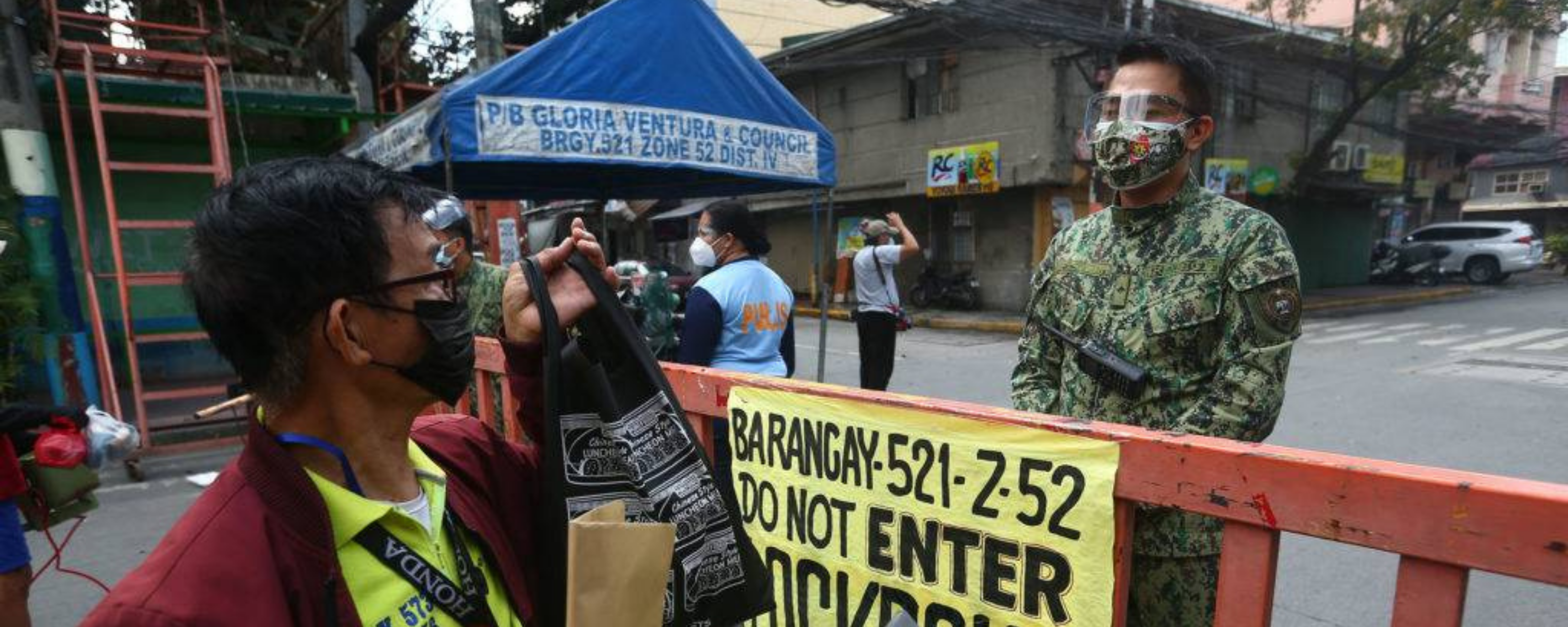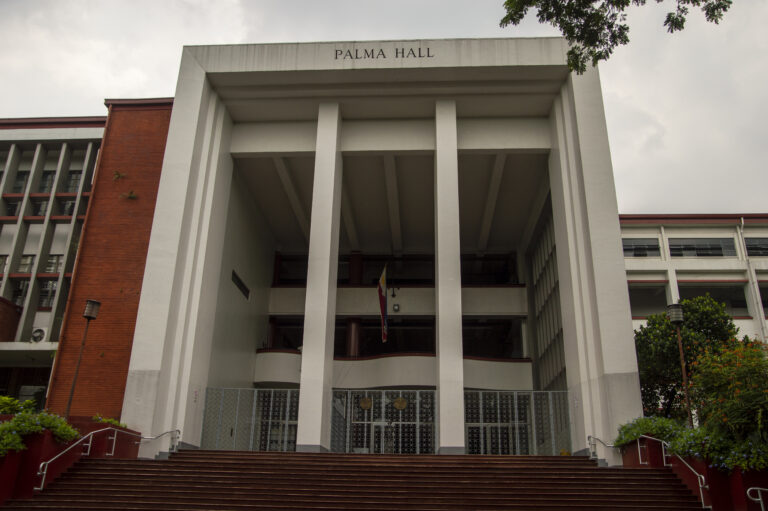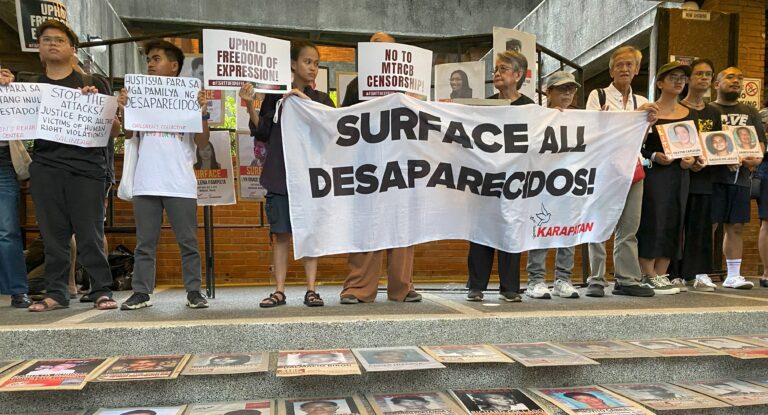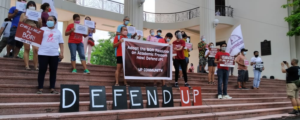
When these haphazard labels are thrown precariously left and right without any measures to proactively flatten the COVID-19 curve, it tells you a lot about a nation’s government.
It tells you that the government cares more about its self-serving agenda than the state of its country, than the welfare of its people.
It tells you that the government chooses to take advantage of the vulnerability of its people to perpetuate the interests of those in power.
It tells you that the government is anti-people.
Last August 20, MECQ was once again declared over Metro Manila, Laguna and Bataan, promptly following the recent enhanced community quarantine that spanned from August 6 to 20 in Mega Manila, and from August 6 to 15 in the cities of Iloilo and Cagayan de Oro.
MECQ in Metro Manila was then extended twice, now anticipated to end on the 7th of September, 2021. Several cities across Visayas and Mindanao now also fall under the MECQ classification, while others are categorized under the GCQ umbrella.
The Inter-Agency Task Force (IATF) provides definitions and guidelines for the different levels of community quarantine based on how stringent each is on transportation and mobility, the regulation of which industries are allowed to operate, and which sectors of the population are authorized to venture outside of their homes.
However, at its very core, the Duterte administration’s lockdown-oriented approach to the pandemic, without sufficient humanitarian assistance –– providing accessible and affordable healthcare, implementing mass testing and contact tracing procedures, as well as efficient and expansive vaccine distribution –– is a mere band-aid solution.
It is an indisputable fact that the prolonged presence of the virus and its several variants in the Philippines has brought about a significant toll on our healthcare workers. In fact, on National Heroes Day, August 30, and on Wednesday, September 1, a number of medical frontliners staged protests demanding the release of their long delayed benefits, such as the special risk allowance (SRA) and their meals, accommodation, and transportation allowance (MAT). Healthcare workers continue to suffer under the criminal neglect of the current administration, as manifested in the Commission on Audit’s recent report of a PHP 67 billion deficiency in the Department of Health’s funds allocated for the pandemic response.
However, it has also undoubtedly brought much avoidable distress on those who are at the frontlines of our public transportation systems, our educational institutions, and other sectors that the pandemic has embedded a dent upon.
Hector Brizuela, a university faculty member of MAPUA University, an independent organization consultant, and a businessman, articulated that there are different kinds of frontline workers in the Philippines today.
“There are healthcare frontliners, but we also have what we call economic frontliners: different kinds of people who really have to go out and go to their jobs to ensure that they fulfill their duties and responsibilities in order to keep our economy rolling,”stated Brizuela.
“When we talk about being a frontliner, kasama dun yung mga jeepney drivers, security guards, vendors sa palengke, kase they keep the economy running. Sila yung mga hindi pwedeng magkulong sa bahay dahil either wala silang kakainin by the end of the day, wala silang sweldo; or on a massive scale, kung lahat sila ay mananatili sa bahay at hindi makakapagtrabaho, titigil at talagang mapupuruhan yung ekonomiya natin. Sila yung mga frontliners natin,”he added.
With the imposition of each lockdown comes the concomitant blow to the livelihoods of hundreds of thousands of people, especially those who are under no-work-no-pay arrangements.
The Department of Labor and Employment (DOLE) reported that approximately 300,000 workers all across the nation would be affected by the implementation of ECQ and the reinforcement of stricter community guidelines throughout August. Aside from this, another 152,000 workers were displaced from January up until July, and this number is only expected to increase henceforth.
This is merely one instance of the Duterte regime’s inhumane negligence alongside many others, such as the PHP 9 billion in unobligated funds under the Bayanihan Act 2, which abridged many students from supposed subsidies and financial assistance, curtailed pandemic response and recovery initiatives, and suspended amelioration programs for farmers as well as informal and formal workers under the Department of Agriculture and the Department of Labor and Employment.
Jeepney drivers are no exception to this blow. Mody Floranda, the incumbent national president of Piston Philippines, expressed the difficulties that jeepney drivers and operators have gone through due to the unceasing lockdowns since March 2020.
“Almost 18 months na tuloy tuloy na,” he said. “Kung naghihirap noon, nung wala pang lockdown, lalong naghihirap sa kasalukuyan.”
Piston Philippines, or Pinagkaisang Samahan ng mga Tsuper at Operator Nationwide is a transport organization for jeepney drivers and operators across the country. Floranda revealed that in the span of 18 months, only a minimal number of the total population of jeepney drivers within NCR received any financial aid from the government.
“Ang isang sumasalamin dito ay yung patuloy na may nakikita pa rin tayong namamalimos na mga driver at mga operator; nagpapakita ‘yan na wala pa talagang natatanggap na ayuda,”he explains. “Sa ngayon, maraming mga driver na naninirahan sa mga jeep na kanilang binabyahe dahil sa kawalan ng kakayanan na magbayad o magrenta ng tahanan.”
Floranda mentioned that based on the data released by the DSWD, only 49,670 public transport workers were extended financial assistance under the social amelioration programs for drivers. This number hardly reaches a fourth of the total population of jeepney drivers and operators in the National Capital Region, who, excluding other transportation workers, already come up to an estimated number of about 200,000 people.
However, the plight caused by the pandemic does not only afflict those who are out on the frontlines but even those who work from the confines of their own home. As the extended lockdowns constrain our people, the weight of COVID-19 continues to plague the Filipino citizens in many ways; if not physically, then mentally.
Krisnah Tan, an instructor from the University of the Philippines Los Baños, shared that, aside from the students, even teachers and professors have suffered through a great deal of mental health issues due to the prolonged remote learning set-up that the pandemic has restricted us to.
“Habang isinasaalang-alang ng mga guro yung mga mag-aaral, nakakaapekto rin ‘yun sa estado ng mga guro lalo na’t hindi naman lahat ay nasa maayos na kalagayan ngayon,”she remarked. “Exhausing ito mentally dahil hindi lang pandemya ‘tong kalaban natin ngayon, kundi yung mga perwisyo na dulot ng pandemic response ng pamahalaan na din; na wala tayong kasiguraduhan kung hanggang kailan ganito.”
If one thing is clear, it is that the longer this pandemic remains, the greater strain there is on our people, our workers, and the citizens of our nation.
These labels, for as long as they continue to serve a self-interested government, are nothing but a facade attempting to conceal a self-serving and corrupt agenda. This is manifested in the opportunistic militarisation of the pandemic and the adoption of an iron fist-like response to the issue at hand.
The state of the people reflects the nature of the system they are in.
And the prolonged vulnerability of the nation to a raging pandemic is no reflection of good and effective governance.
Featured image courtesy of Ali Vicoy / Manila Bulletin.







